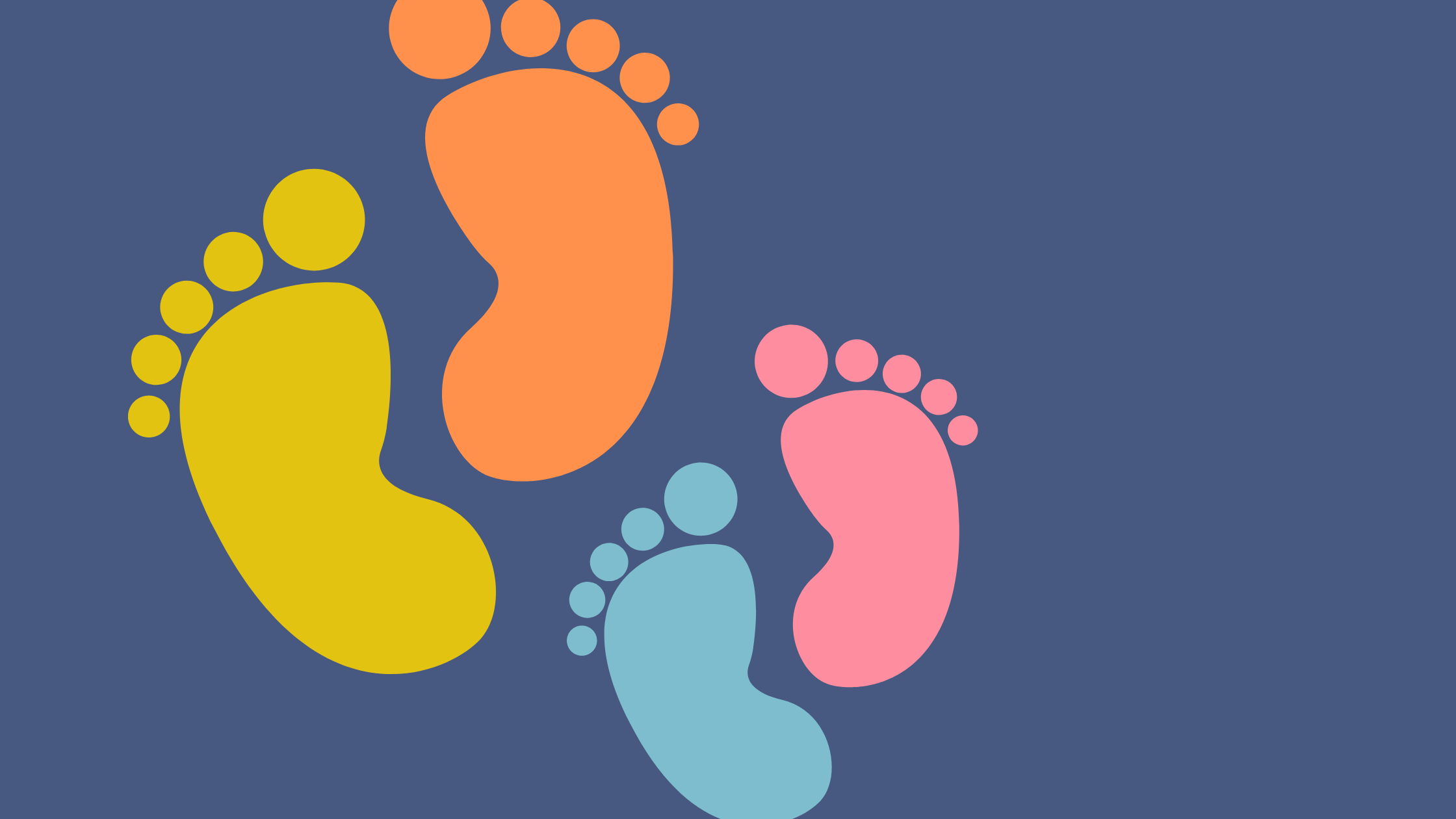Body image is a complex and personal issue that affects many people, even men. Research has shown that some men may face more negative attitudes and prejudice from their own gender, which can lower their self-esteem and body satisfaction¹. In addition, public health campaigns and messages often stigmatize people with higher weight, implying that they are lazy, unhealthy, or unattractive². This can lead to harmful consequences such as eating disorders, depression, anxiety, and poor sexual health³. As much as men don’t want to admit this, this too is true for even the most manly of men, don’t let your bros fool you.
However, there is a way to change this situation and create a more inclusive and positive environment for people of all shapes and sizes.
It Starts with Education
Public health education can play a key role in challenging the stereotypes and myths about weight and health, and promoting a more holistic and compassionate approach to well-being.
Here are some of the ways that public health education can help men of any shape can embrace their bodies and improve their health outcomes:
It Reminds Us That We’re All Different, and That’s Cool.
Public health education can raise awareness of the diversity and variability of human bodies, and the factors that influence weight, such as genetics, environment, culture, and social determinants of health⁴. This can help people understand that weight is not a simple or reliable indicator of health, and that health can be achieved at any size⁵.
It’s Let’s Us Know That All Sizes Matter
Public health education can also teach people about the concept of Health at Every Size (HAES), which is a movement that advocates for respecting and celebrating body diversity, adopting health-enhancing behaviors, and rejecting weight-based discrimination and oppression⁶. HAES encourages people to focus on their own internal cues and needs, rather than external standards and pressures, and to pursue health and happiness in ways that are meaningful and enjoyable for them⁶.
It Introduces the Negative Impact of Shaming on Overall Health
Public health education can also address the issue of weight stigma and its negative impact on health and well-being. Weight stigma is the social devaluation and discrimination of people based on their weight or body shape⁷. It can cause psychological distress, lower self-esteem, and increase the risk of chronic diseases⁷. Public health education can help people recognize and challenge the sources and consequences of weight stigma, such as media, culture, health care, and interpersonal interactions, and foster a culture of respect and empathy for people of all sizes⁸.
It Empowers Curiosity
Public health education can also empower bisexual and curious men to develop a positive body image, which is the appreciation and acceptance of one’s own body⁹. A positive body image can enhance one’s mental and physical health, as well as one’s sexual and romantic relationships⁹. Public health education can help people cultivate a positive body image by providing them with accurate and affirming information about their bodies, encouraging them to engage in self-care and self-compassion, and exposing them to diverse and realistic representations of beauty and attractiveness”.
Discover more from Properly Palmer
Subscribe to get the latest posts sent to your email.





